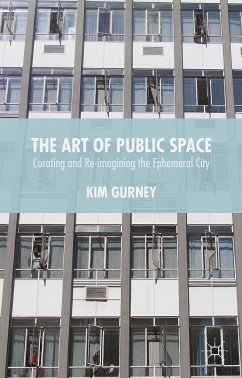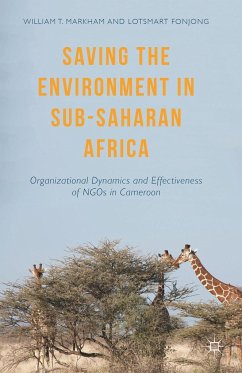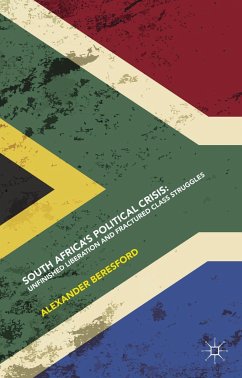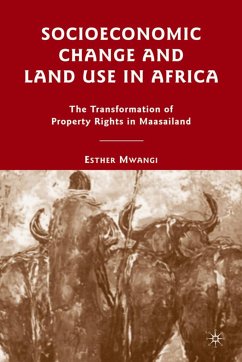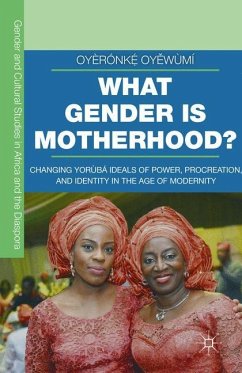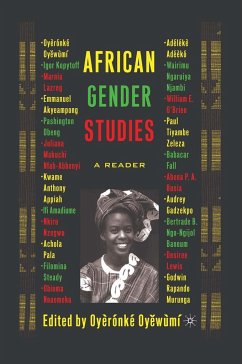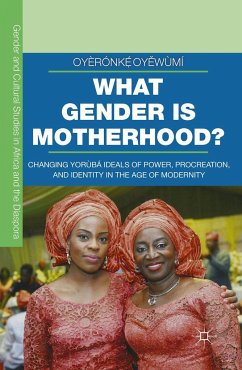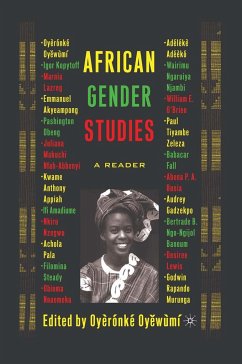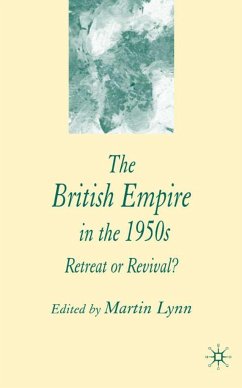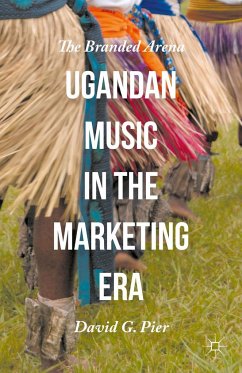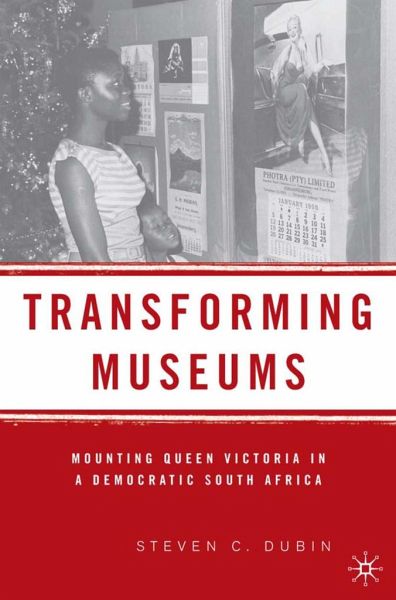
Transforming Museums
Mounting Queen Victoria in a Democratic South Africa

PAYBACK Punkte
19 °P sammeln!
South African society has been refashioned since the first open elections were held in 1994; if democracy is the theory then transformation is the practice. This is apparent in the nation's museums, where collection and exhibition policies, staffs and audiences have been changed in fundamental ways. Such changes have impacted the range of these institutions, including those focusing on art, natural history and science, cultural history, local events, and military matters. Steven C. Dubin examines the various strategies museums have adopted to shed their former ideological biases and become more inclusive. This book also notes that in this process, museums have developed into lively centers of debate--noisy democratic forums recovering the past and generating fresh information, seasoned with a dash of controversy.
A detailed look at how South Africa's museum present the nation's past, and how they can serve as a lens for examining changes in South African society at large.





